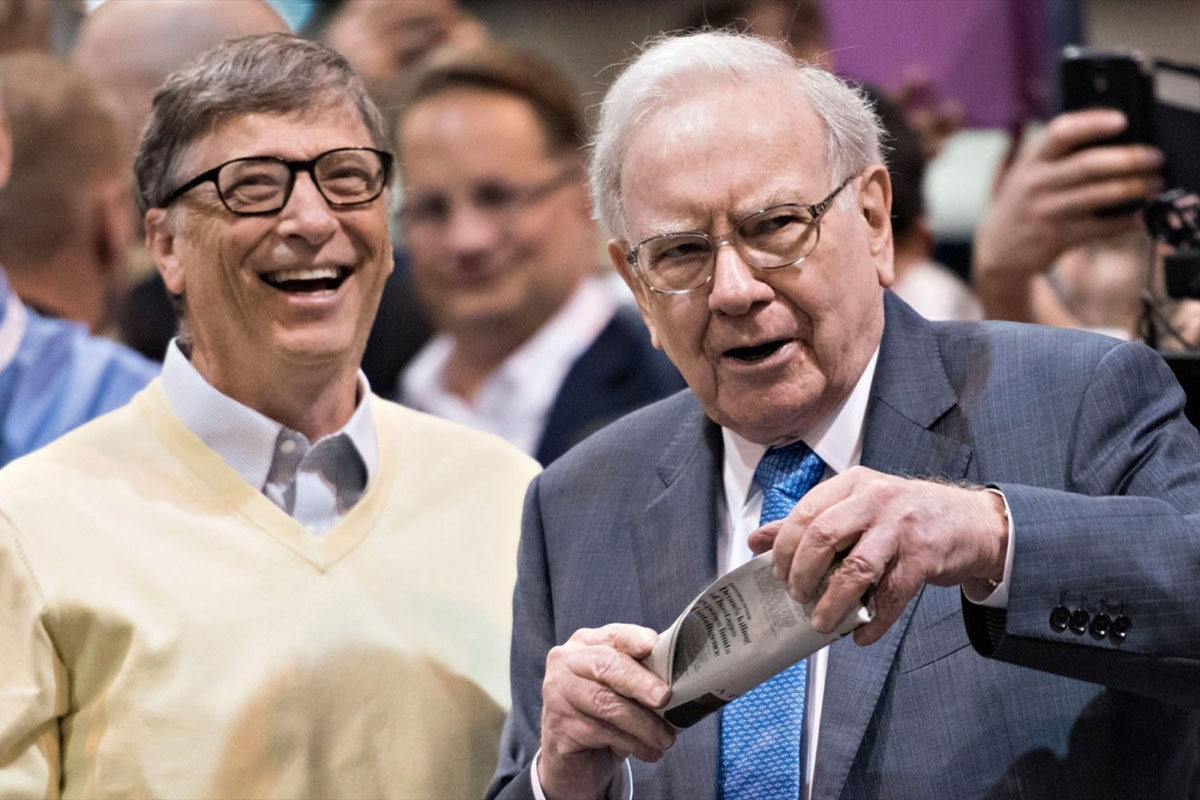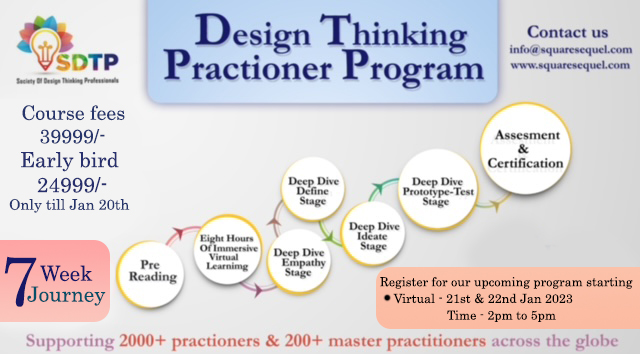For nearly three decades, two towering figures of the business world, Bill Gates and Warren Buffett, have maintained a friendship that surpasses wealth and success. Whenever they get together, Bill Gates, the co-founder of Microsoft, admits, “I feel like a kid in a candy store.” This is not just a testament to their camaraderie but also a reflection of the profound mentorship that Warren Buffett has bestowed upon his close friend.
Bill Gates, one of the most influential tech titans of our time, has often acknowledged that Warren Buffett’s wisdom has made an indelible impact on his life. Gates unceasingly sings Buffett’s praises or discusses the priceless lessons he has gained from their friendship. One piece of advice from the 92-year-old entrepreneur is at the top of the list of pearls of wisdom that Gates treasures.
Buffett constantly highlights the importance of making wise friendship decisions and being a good friend to others. Buffett advises surrounding oneself with individuals who are more accomplished than you are because they can be a source of motivation and knowledge. During a 2017 conversation with Gates at Columbia University, he once said:
“You will move in the direction of the people that you associate with.”
Warren Edward Buffett, affectionately known as the Oracle of Omaha, is a name synonymous with the art of investing and wealth accumulation. His entrepreneurial spirit was evident from a young age when he famously sold chewing gum, Coca-Cola, and weekly magazines door-to-door.
Buffett’s financial acumen grew as he attended the University of Nebraska and later Columbia Business School, where he was mentored by Benjamin Graham, the father of value investing. Armed with this knowledge, Buffett set out to conquer the world of finance. In 1965, he took control of Berkshire Hathaway, a textile manufacturing company that would transform into a multinational conglomerate under his stewardship.
Warren Buffett’s investment philosophy, grounded in the principles of value investing and prudent risk management, made him one of the wealthiest individuals in the world. His annual letters to shareholders have become revered texts in the world of finance, offering sage advice and insight into his investment strategies.
“Your most unhappy customers are your greatest source of learning.”
— Bill Gates
Bill Gates, born on October 28, 1955, in Seattle, Washington, is a name forever etched in the history of technology and entrepreneurship. Gates’ fascination with computers began at a young age when he was enrolled at Lakeside School, an exclusive preparatory institution. It was there that he had his first encounter with a computer, sparking a passion that would change the world.
In 1975, Gates and his childhood friend Paul Allen founded Microsoft, a small software company that would grow to dominate the personal computer revolution. Gates’ vision was simple yet revolutionary: to put a computer in every home and on every desk. Under his leadership, Microsoft became an industry giant, shaping the software landscape and laying the foundation for the digital age.
Beyond his entrepreneurial success, Bill Gates is equally renowned for his philanthropic efforts. In 2000, he and his then-wife Melinda founded the Bill and Melinda Gates Foundation, one of the world’s largest private charitable foundations. Their mission is to address global health, education, and poverty issues.
Let’s delve into the remarkable mentorship that has shaped Gates’ journey and explore the enduring lessons he has gleaned from the Oracle of Omaha.
The Meeting of Seasoned Magnates
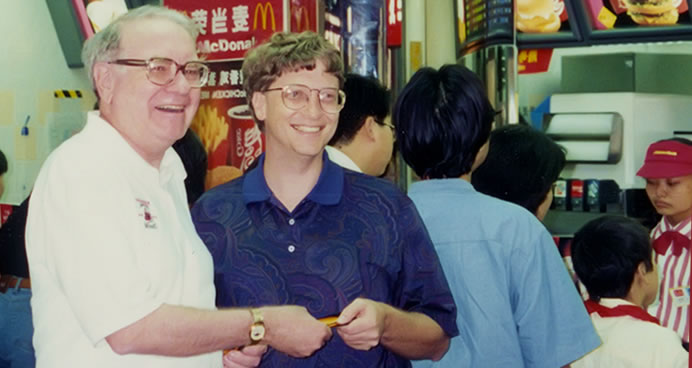
The origins of this remarkable friendship can be traced back to a dinner party in 1991 hosted by Gates’ mother, Mary Maxwell Gates. It was an evening that would change the course of both men’s lives. Gates’s mother at the dinner asked everyone at the table to name what they thought was the single most crucial element in their success in life. Gates and Buffett both responded with the same word: “Focus.”
At the time, Bill Gates was already a household name as the co-founder of Microsoft, while Warren Buffett was well-known as one of the world’s most successful investors and the chairman and CEO of Berkshire Hathaway.
Buffett had recently visited Microsoft’s headquarters, and during that visit, he was struck by the young tech visionary’s intellect and ambition. Gates, on the other hand, was intrigued by Buffett’s deep understanding of financial markets and his remarkable ability to generate wealth through investing.
Their meeting at Mary Gates’ dinner party was the spark that ignited a lifelong friendship. Buffett was not just impressed by Gates’ technical prowess but also by his insatiable curiosity and his desire to make a positive impact on the world. It was this shared vision and mutual respect that laid the foundation for their enduring mentorship.
Buffett’s Influence on Gates
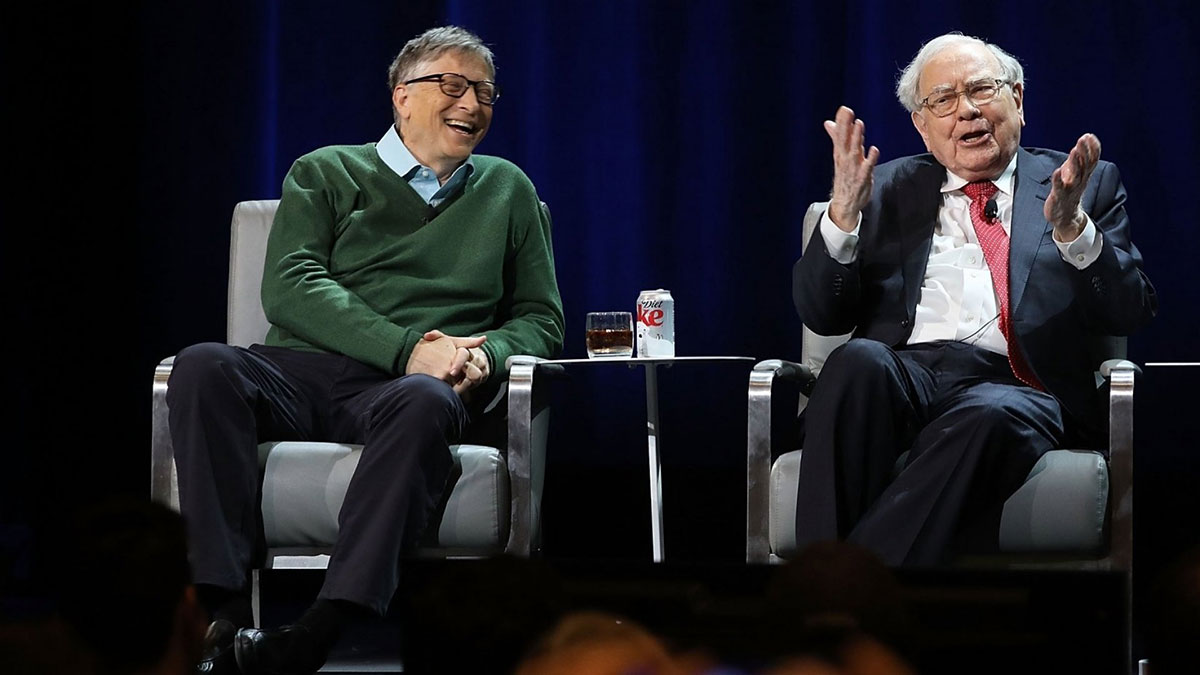
The essence of their mentorship—two brilliant minds from different worlds coming together to challenge and expand each other’s perspectives. While Buffett shared his timeless wisdom on value investing and financial acumen, Gates brought a forward-looking vision of technology’s role in shaping the future. Their mentorship was not a one-way street; it was a dynamic exchange of ideas and knowledge, ultimately enriching both of their lives and leaving an enduring legacy in the worlds of finance and technology.
The power of long-term thinking
In 2007, the Bill and Melinda Gates Foundation, under Gates’ leadership, made a momentous pledge: to contribute $100 million per year to polio eradication efforts until the disease was wiped off the face of the Earth. This commitment was a testament to Gates’ understanding of the power of long-term thinking, and it mirrored Warren Buffett’s own investment philosophy of patiently holding stocks for the long haul.
Buffett’s influence on Gates was evident in the way the Gates Foundation approached this challenge. Instead of looking at their contribution as a short-term fix, they embraced a multi-year strategy that involved not only providing financial support but also working closely with governments, healthcare organizations, and communities to strengthen healthcare systems and vaccination campaigns.
Over the years, as the Gates Foundation continued its annual commitment, the impact became increasingly visible. Polio cases plummeted, and entire regions were declared polio-free. By 2019, only two countries, Afghanistan and Pakistan, were still grappling with the disease. The long-term commitment and strategic approach had brought the world tantalizingly close to global polio eradication.
Humility and simplicity
In 2010, Bill Gates and Warren Buffett came together to create the Giving Pledge—a commitment by some of the world’s wealthiest individuals and families to dedicate the majority of their wealth to philanthropy. The initiative called upon billionaires to publicly pledge at least half of their fortunes to charitable causes during their lifetimes or in their wills.
Buffett’s modest lifestyle and his belief in using wealth for the greater good had a significant impact on Gates’ thinking. It was a realization that wealth, while a tool for personal comfort, could also serve as a force for positive change on a global scale. Buffett’s own commitment to giving away the vast majority of his wealth through the Bill and Melinda Gates Foundation was a powerful example of using one’s resources for the benefit of humanity.
The Giving Pledge initiative was born out of this shared philosophy. Gates and Buffett personally reached out to fellow billionaires, urging them to think beyond personal accumulation and embrace a broader sense of responsibility to society. This initiative was not about virtue signaling but about fostering a culture of generosity and humility among the world’s wealthiest individuals.
Focus on results
In 2006, the Gates Foundation launched the “Malaria Control Strategy,” a comprehensive initiative aimed at reducing the global burden of malaria, a deadly disease that primarily affects vulnerable populations in Africa. This initiative was inspired by Buffett’s counsel to focus on results and prioritize interventions with proven effectiveness.
One of the key elements of the Gates Foundation’s strategy was to fund research and development for new tools to combat malaria. They recognized that to make a substantial and lasting impact, they needed to not only treat the disease but also work toward its prevention and eventual eradication.
Buffett’s guidance encouraged Gates to think innovatively and strategically. The foundation invested in cutting-edge research, including the development of new malaria vaccines and insecticide-treated bed nets. These investments were made with a clear goal: to save lives and reduce the prevalence of malaria in the most affected regions.
Giving back as a priority
The “Berkshire Hathaway Scholars Program,” a scholarship program established by Warren Buffett’s company, Berkshire Hathaway provides financial assistance and educational opportunities to promising young students, particularly those from disadvantaged backgrounds, helping them pursue higher education and achieve their academic and career aspirations.
Buffett’s belief in the transformative impact of education as a means to uplift individuals and communities resonated deeply with Bill Gates. Gates, who had witnessed the power of education in his own life, was inspired by Buffett’s dedication to providing educational opportunities to those who might otherwise be deprived of them.
Under Buffett’s mentorship, Gates not only contributed to the Berkshire Hathaway Scholars Program but also championed the importance of education as a cornerstone of their joint philanthropic vision. Their collaboration on educational initiatives extended the reach of their giving beyond technology and finance, emphasizing the universal value of access to quality education.
Over the years, the Gates-Buffett friendship has transcended their roles as mentor and mentee. They have shared countless meals, engaged in thoughtful conversations, and collaborated on philanthropic endeavors. Their bond is a testament to the enduring power of mentorship and the idea that even the most accomplished individuals can benefit from guidance and wisdom.
Food For Thought For Leaders
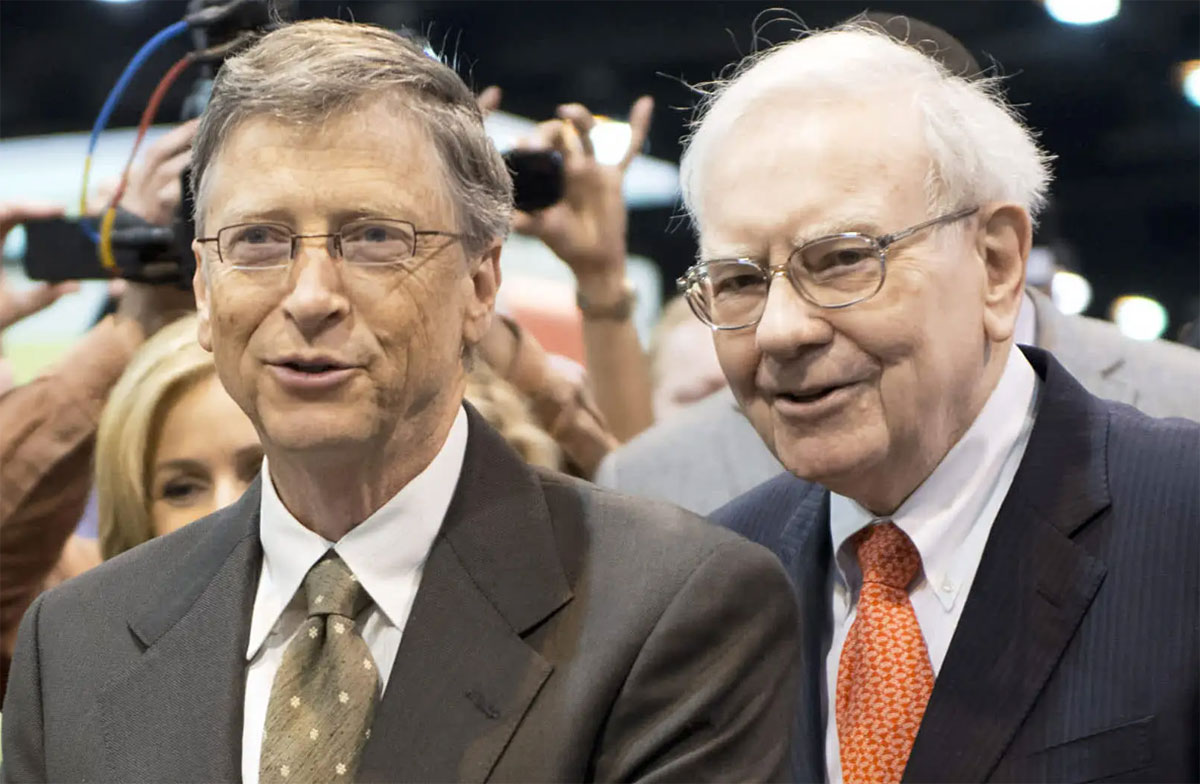
The mentorship between Warren Buffett and Bill Gates is a powerful example of how mentorship can profoundly impact leaders and shape their approach to leadership, business, and philanthropy. Here are a couple of things Gates openly admits to learning from Buffett:
“There are only 24 hours in everyone’s day. Warren has a keen sense of this. He doesn’t let his calendar get filled up with useless meetings.”
Moving from one pointless meeting to another is undoubtedly a threat to the sacredness of time. However, there are numerous other perils that could rob us of our productivity and take our time, like prioritizing other people’s priorities, checking phone notifications every now and then, procrastination, busy work but not productive work, etc. People who are successful are acutely aware of the importance of focusing their entire day on the matters that matter most. While you may believe that “time management” is the key, the capacity to control oneself is what the most productive people have mastered.
“The difference between successful people and really successful people is that really successful people say no to almost everything.”
Most successful people are motivated by outcomes and by completing more work, not less. However, from a self-help/self-care perspective, if you feel like you’re taking on too much and you’ve been called a “workaholic,” Buffett’s counsel to “no” should be a target on your conscience.
We must make life simpler. In order to maintain our sanity while doing this, we must know what to say no to. Saying no repeatedly to things that don’t benefit us may be necessary to keep our priorities in check and say yes to the few things that are really important.
“Adhere to what serves you best.”
Take control of your calendar by prioritizing what aligns with your values and goals. Turning down opportunities and activities that don’t align with your values or further your personal or corporate mission should be your first priority. In other words, quit ignoring your most sincere aspirations and goals for your life. Stop giving in to the needs and desires of others. Take charge of your life and follow your calling.
“Empower others by delegating to their strengths.”
Bill Gates and Warren Buffett recognize that overwork and burnout often result from trying to handle all tasks alone. The wiser approach is to delegate and have faith in others’ capabilities to accomplish the work. For leaders and founders, mastering delegation is crucial for scaling a business. However, if trust in the team’s ability to take charge is lacking, it can lead to a bottleneck with a single person at the helm handling excessive responsibilities.
“Discover your state of flow, where passion and purpose merge into effortless progress.”
Have you ever lost yourself in your work, where hours felt like mere minutes? It’s that elusive state of “flow” we often hear about, and it’s a remarkable concept crafted by positive psychologist Mihaly Csikszentmihalyi. In the world of flow, we unlock the secrets to peak performance and profound pleasure, a harmonious duality where we thrive.
Peak performance and peak experience are the twin towers that benefit us while we are in a state of flow. In other words, we enjoy ourselves and give our best effort.
It refers to the expression “being in the zone.” You can concentrate fully on the task at hand without being distracted, and as a result, you learn new skills, advance your performance, and gain advantages for the future.
The mentorship between Warren Buffett and Bill Gates serves as a compelling example of how leaders can positively influence and support one another in their journeys. These lessons can inspire and guide leaders in various fields toward making a lasting and meaningful impact on their organizations and the world.
In Gates’ own words, “I feel grateful every day for the wisdom and generosity of Warren Buffett. His mentorship has not only shaped my approach to business and philanthropy but has enriched my life in countless ways. Warren’s commitment to giving back, his emphasis on long-term thinking, and his unwavering humility are values I cherish and strive to uphold.”
The mentorship between Bill Gates and Warren Buffett is a testament to the enduring power of guidance, learning, and giving. It is a reminder that even the most accomplished individuals benefit from the wisdom and influence of mentors. In the words of Gates, “Warren, your friendship and mentorship have made a world of difference in my life. Together, we continue to inspire and make a positive impact on the world.”
https://finance.yahoo.com/news/bill-gates-reveals-warren-buffetts-174800717.html
https://assets.entrepreneur.com/content/3×2/2000/20170227141850-GettyImages-471948416.jpeg
https://www.couponit.com/blog/media/buffettgates.jpg
https://images.inc.com/uploaded_files/image/1920×1080/getty_632858796_200014172000928038_362130.jpg
Written By: Jimmy Jain
Edited By: Afreen Fatima
Society of Design Thinking Professionals

